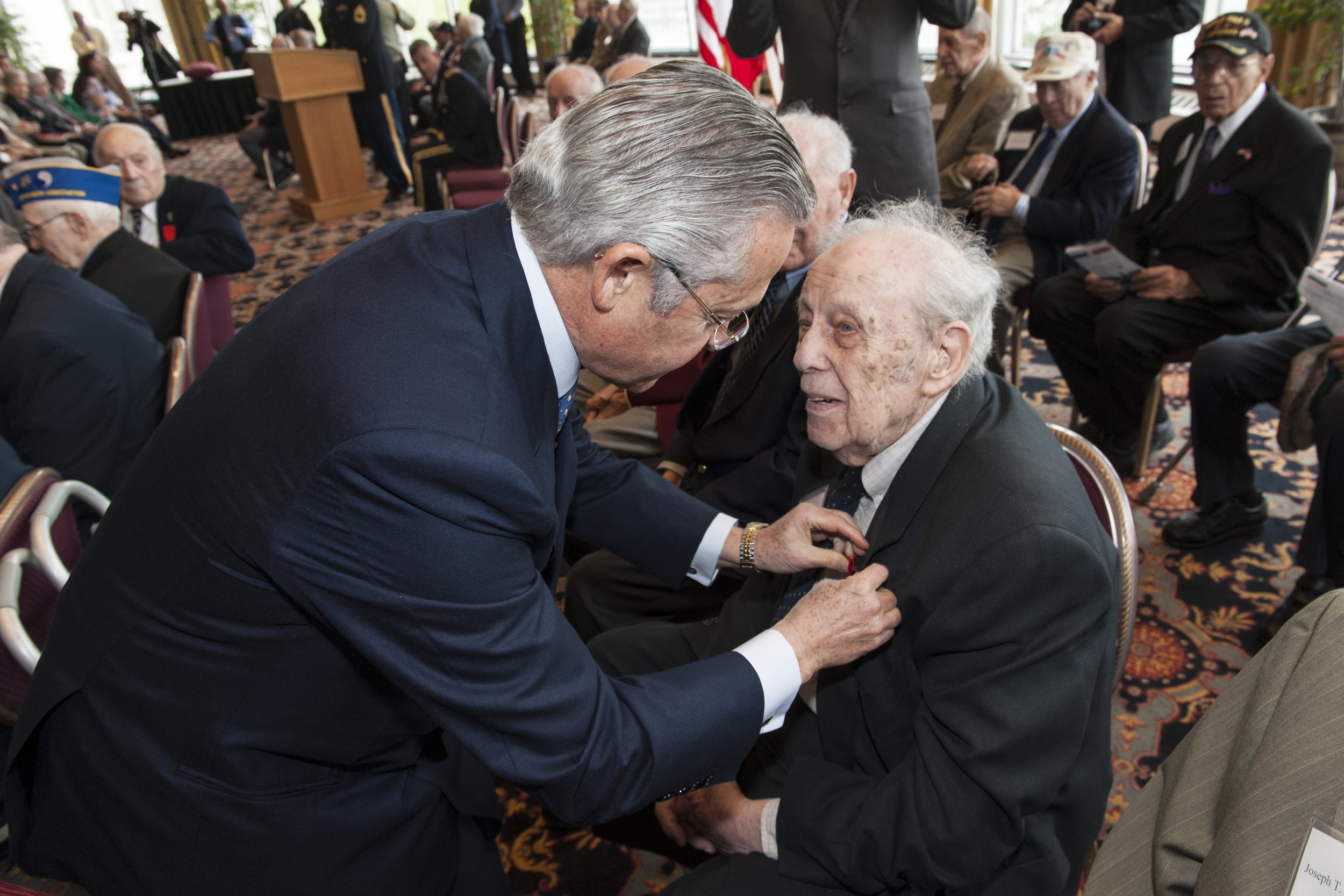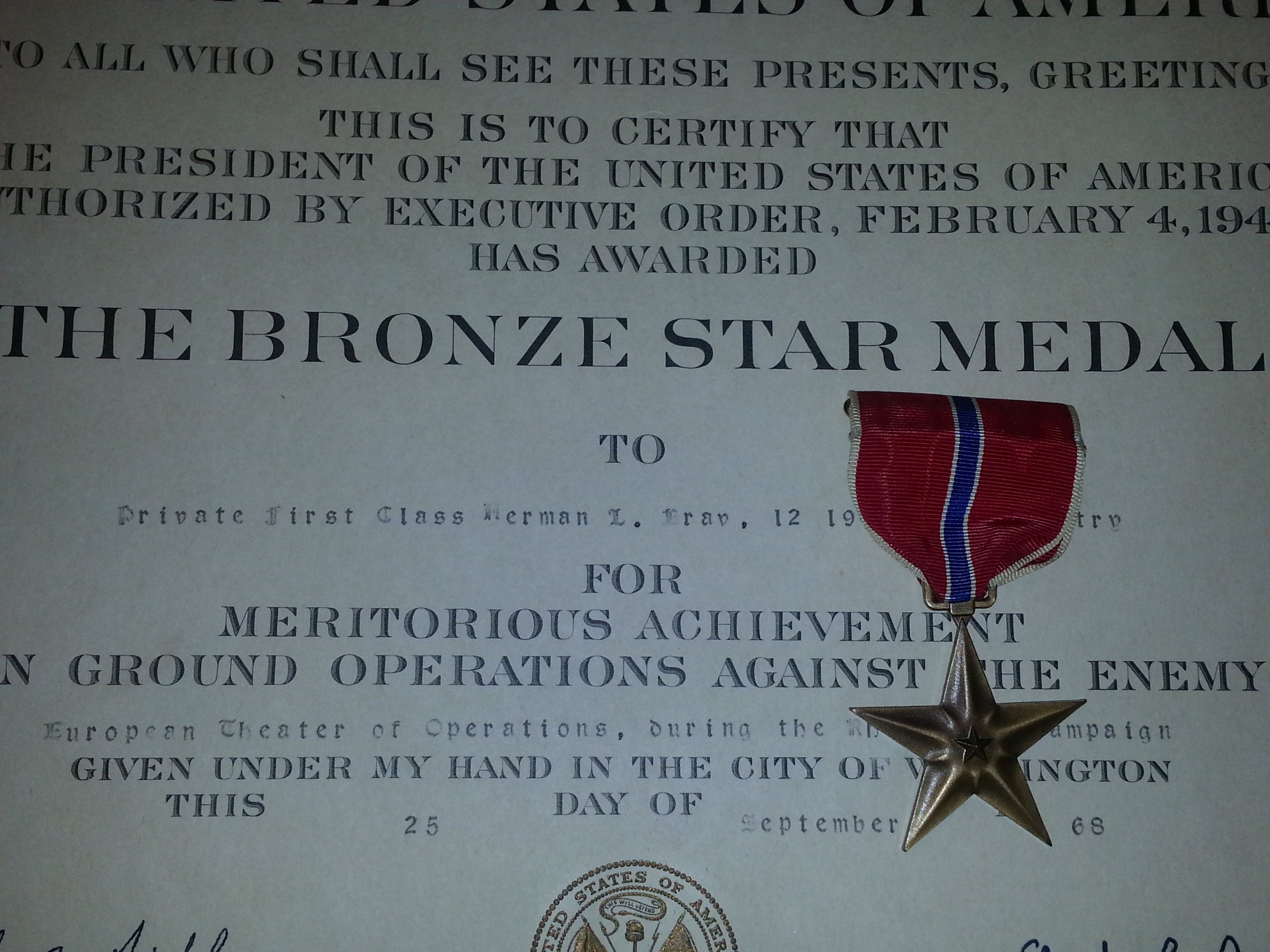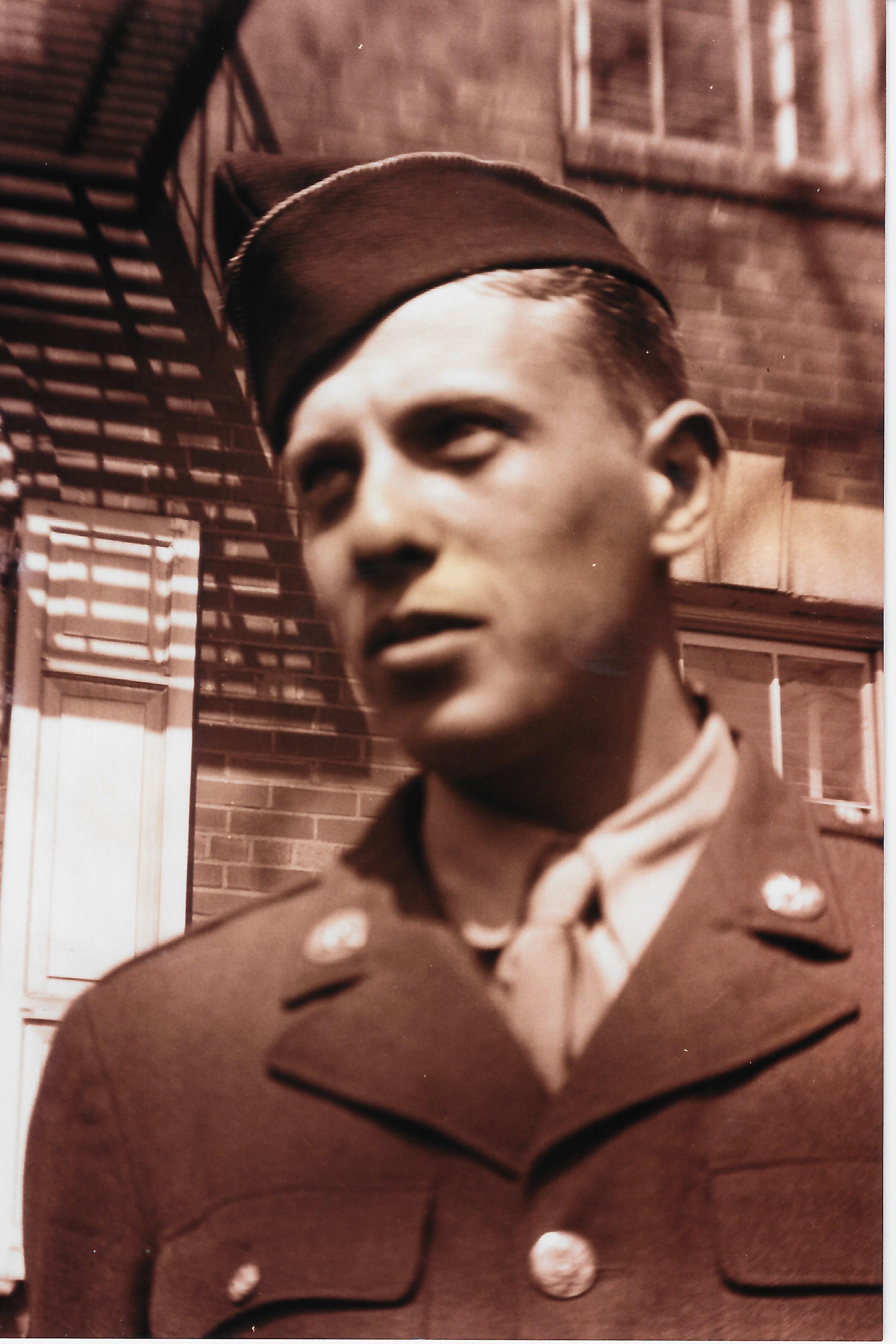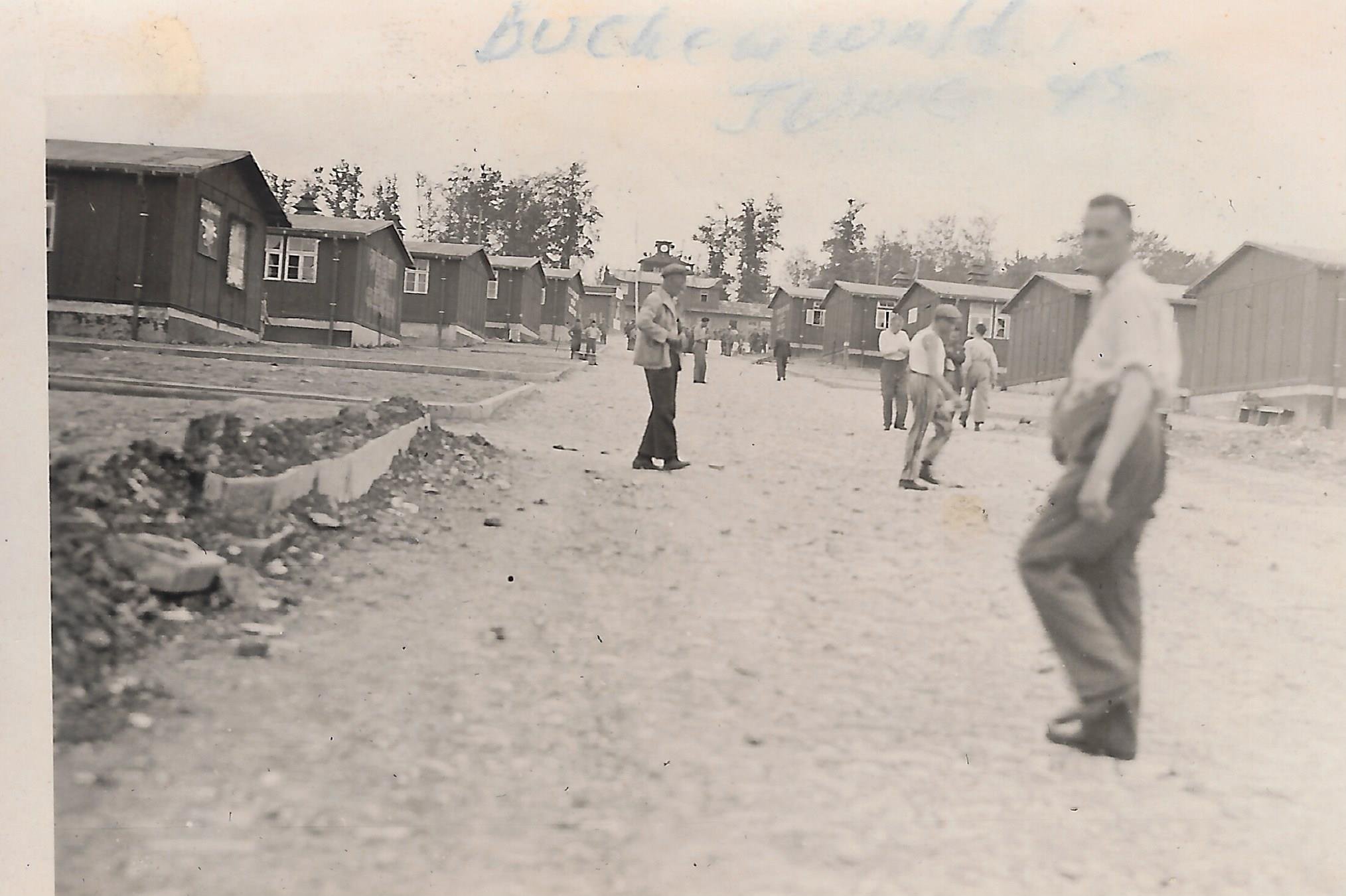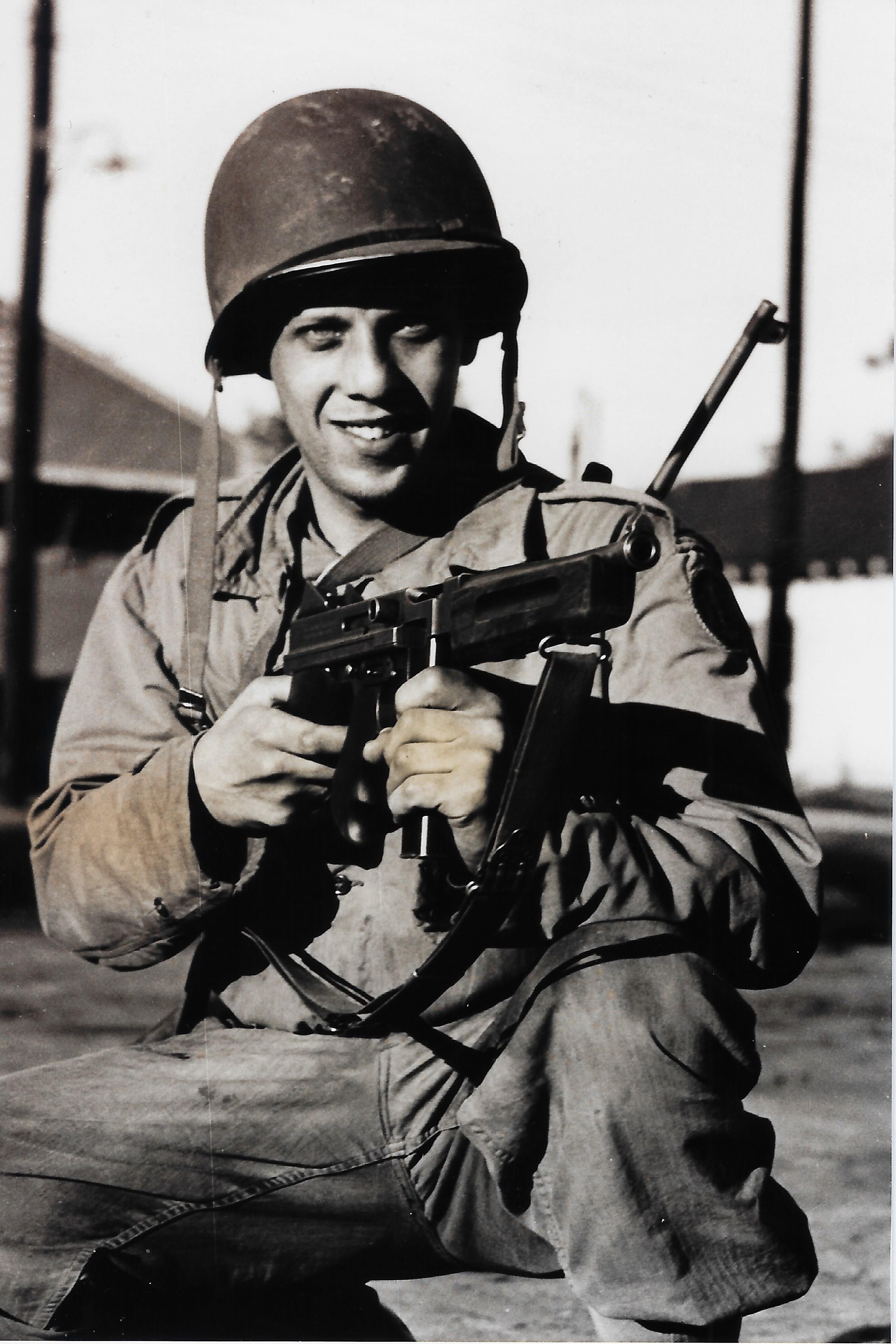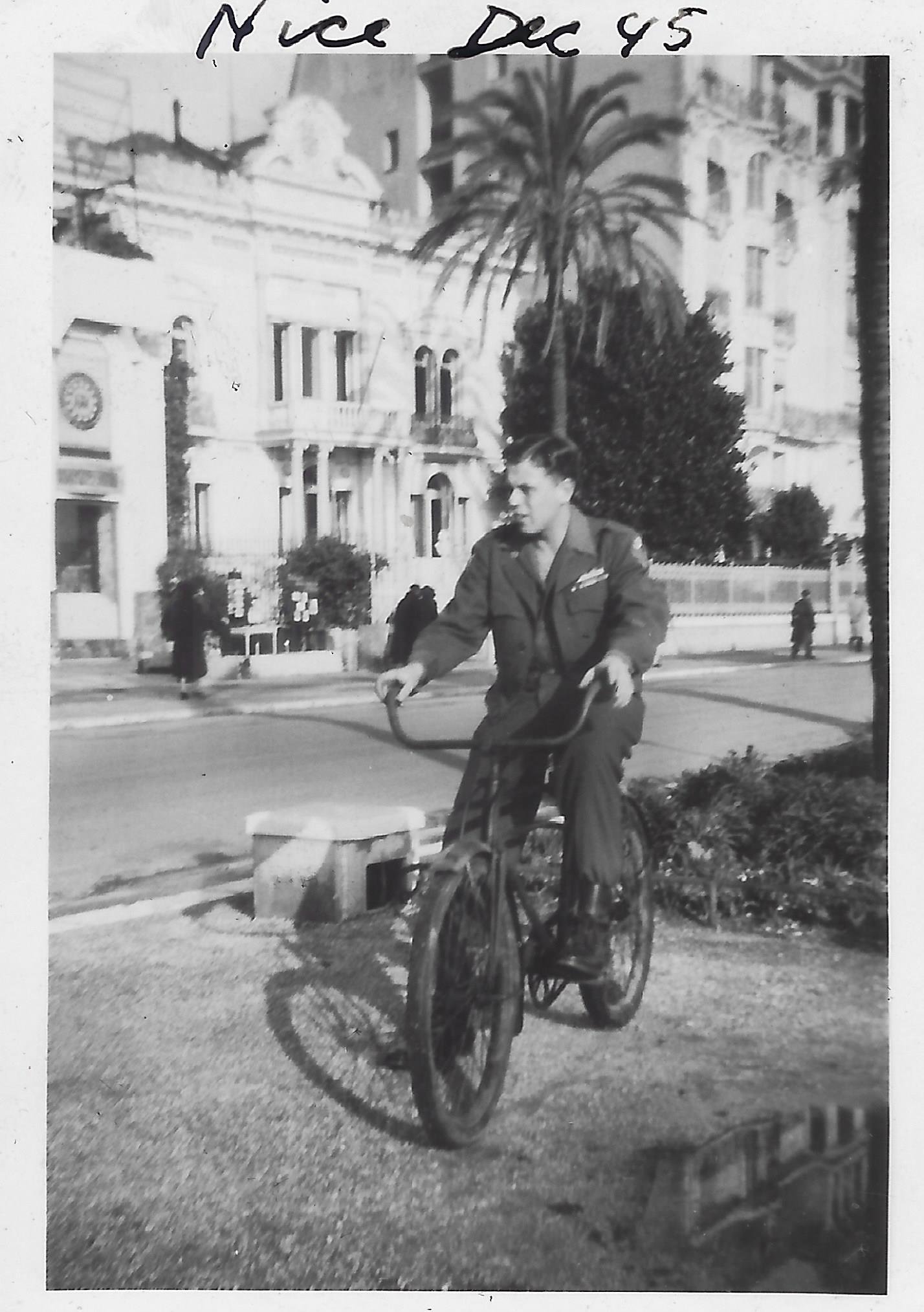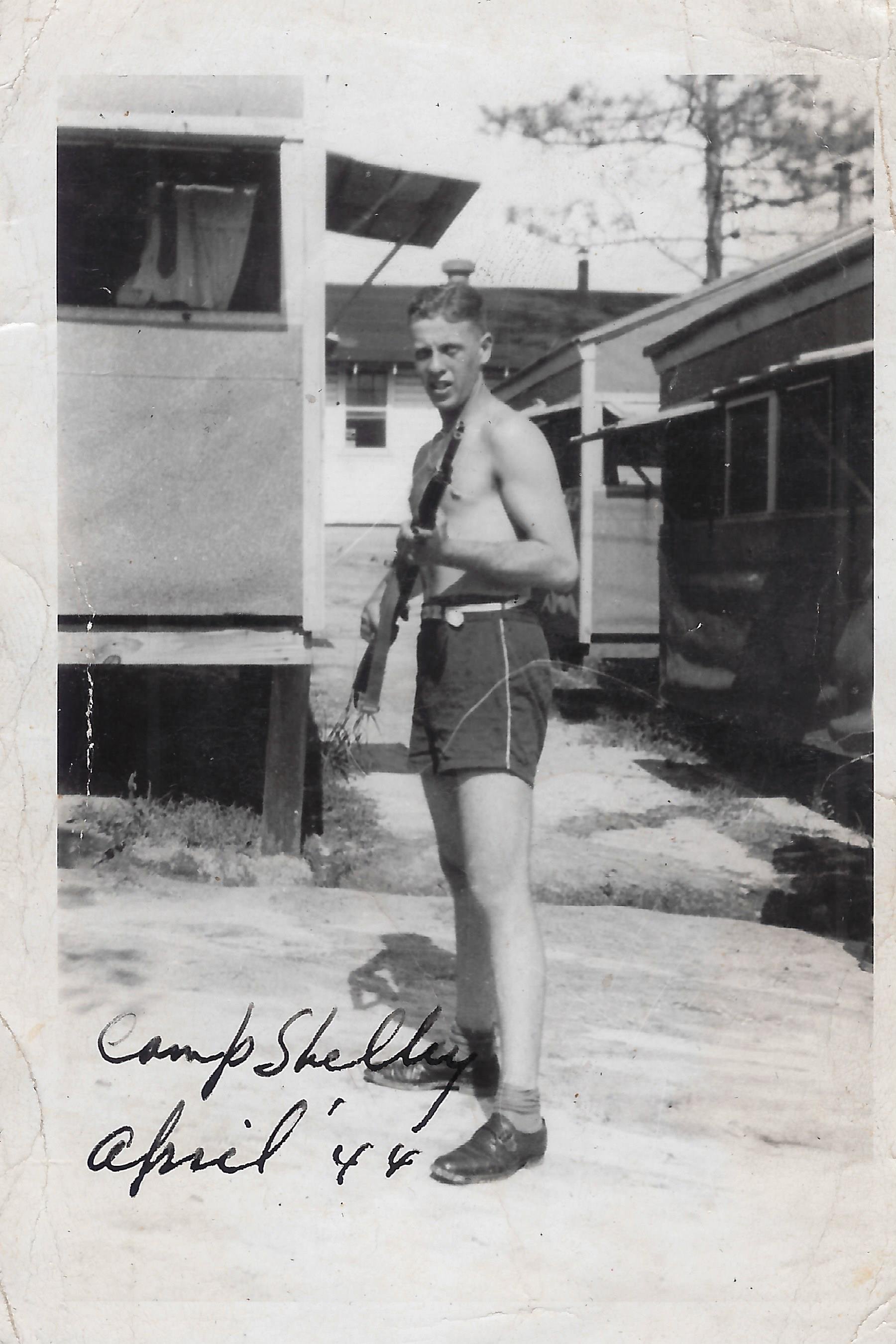I so wish this were an essay about that Carole King breakup song released in April 1971 on her all-time great Tapestry album. It’s not. It’s about all-time great Pete Rose who died two weeks ago.
That April of 1971 Pete was beginning his 9th season with the Cincinnati Reds in a Hall of Fame career that culminated in baseball career records in games played, plate appearances, base hits, singles, seasons with 200 or more hits, and three World Series rings. Wait, did I say Hall of Fame career? We know that didn’t happen, no matter how much Pete wanted it, no matter how often he apologized.
So yes, baseball, it’s too late, baby.
Pete asked often for a second chance that never came. KTLA 2024-9-30 Surely he had no doubt he would be remembered, that he would have a lasting legacy, for generations to come. He said so himself nine days before his death in comments about his grandson PJ Rose, currently an infielder on the Lasalle University team. “Couldn’t be more proud of my grandson @pjrose14 for being featured in the @PhillyInquirer. Keep hustling with La Salle baseball. The #Rose legacy lives on.” Heavy 2024-10-1
Legacy was one thing, but not enough. To quote Mike Tyson on legacy: “I think legacy really, to my perspective, legacy is ego. Who gives a f*** how people think about them when they are gone? I'm dead. I can't value off what somebody might think about me when I'm dead, so it means nothing to me." The Mirror UK Edition 2024-10-13 The belatedly contrite Pete Rose wanted that one more thing while he was still living. The Hall meant a little respect, some kindness and a good deal of forgiveness. And baseball afforded him none of these.
I wrote this two months ago while Pete was still very much alive. I hesitated to put it out there because Pete Rose and his record are nothing if not complicated. Exactly what did he do and what did he not do? The controversies and debates are front and center, accompanied by decades of lies from Pete and whispers about Pete. Have a look at HBO’s 2024 four-part documentary series. HBO Pete Rose Documentary 2024 Read all the books, the interviews, the exposés.
Well-meaning, well-researched baseball lovers young and old lined up on both sides of the debate, writing eloquently with sobering weight while Pete was still with us and now after. Ithaca Times 2024-10-11 The pros talk about what he accomplished on the field, that he had paid enough of a price for actions that weren’t so terrible and the passage of time. The cons focused on law and order, the gambling, tax evasion and rumors of underage sexual dalliances, and what they believe the Hall of Fame is supposed to be about. It was not, and never will be, an easy one.
At the end of the day, for me, the decider was my non-baseball-fan wife who weighed all the evidence shown her and declared that Number 14, warts and all, belonged. She believed forgiveness was the ultimate answer and even came up with a pretty good albeit somewhat long title.
For Pete’s Sake
He Did A Lot For The Game,
He Was A Fabulous Player,
Enough Already
Don’t get me wrong. I never liked Pete Rose.
Not when I was 8 years old in 1963 and he joined a National League team that wasn’t my Mets. Not when I was 15 in 1970 and he shockingly dropped a devastating shoulder into Cleveland catcher Ray Fosse with the winning run in the 12th inning of the theretofore gentlemanly All Star Game. Not three years later in the playoffs at Shea when he brawled with Buddy Harrelson at the second base bag. Not in 1989 when he accepted a lifetime baseball ban from Commissioner A. Bartlett Giamatti for betting on the sport and then lying about it. Not in 1990 when he spent five months for income tax evasion in the United States Penitentiary in Marion, Illinois and sat with fellow inmates to watch the Reds team he had managed the year before sweep the Athletics in October. And certainly not this year when he appeared on HBO and proclaimed more times than I could handle that winning is the only thing.
You see, I like losers. I have to. Because I like people. And most of us are losers. Sports are structured that way, many competitors and a scant few gold medalists. Capitalism is structured that way, many citizens and a precious few gold amassers. It may not be fair, but then again life is structured that way, and no one escapes the ultimate loss with gold medals or gold coins. Attention must be paid, thank you Willy Loman, to the average joe, to the lovable loser. To long ago inducted Hall of Famer Casey Stengel’s ‘62 Mets and their recently broken record 120 losses (thank you, 2024 Chicago White Sox) morphing into posthumously inducted Hall of Famer Gil Hodges’s ’69 Mets of 100 wins and the upset of all upsets that October against Baltimore. To the fans of Chicago and Boston who never stopped loving the Cubs and Red Sox delivery of so much joy in the midst of a century of heartache. In books, in movies, in music, it’s the timeless story arc, losers rising up or trying to anyway, from the Bible to the Jamaican bobsled team.
Underdogs forever. Underdogs usually lose. Pete Rose was no underdog and no loser.
He played in more games, took more turns at bat and had more base hits than anyone before or since. He passed Honus Wagner, Tris Speaker, Stan Musial, Hank Aaron, and Ty Cobb on his way to 4,256 hits and no one’s come close since. Charlie Hustle was his fitting moniker then and the title of that HBO documentary now. He ran out every play, including a sizable number of the 1,566 walks he accumulated. He was never warm and fuzzy, never politically correct on the field or in the clubhouse. But the people of Cincinnati loved him and not just because he was a large cog in The Big Red Machine that brought home World Series rings in 1975 and 1976. He was born in Cincinnati, went to school there, starred there, and, were it not for Reds ownership frugality in 1978, never would have left.
He was the team leader, a very loud team leader. If you had anything to do with the Reds, you either loved him or hated him, no middle ground. But not the Reds fans. He loved them, loved those Crosley Field and Riverfront Stadium cheers, and as their winner, their homegrown winner, they loved him right back. No one was happy when he took that $3.2 million four-year free agency cash from the Phillies and acquired his third World Series ring in 1980. Or four years later on Opening Day in his new Montreal Expos uniform when he went opposite field on Phillies pitcher and former Mets great Jerry Koosman for his 4,000th hit, exactly 21 years to the day since his first.
The Reds weren’t very good in the 1980s, certainly not compared to the dynasty that ruled the National League in the 1970s. So car dealer turned new owner Marge Schott made the deal to bring back Pete in August of 1984, as the last player-manager that Major League Baseball would have.
1989 would prove devastating to Cincinnati and their favorite son. It was then that outgoing Commissioner Peter Ueberroth and incoming Giamatti were investigating him for allegedly gambling a lot of money on baseball and a whole lot more. If you’ve got the time, you can read about that Dowd Report somewhere and learn all the details including the 52 games in 1987 he allegedly bet on his Reds, the very team he was managing, almost definitely not to lose, but most definitely to win. Pete would begin admitting as much in his 2004 tell-some autobiography My Prison Without Bars. The gambling and investigation were all Giamatti needed to force the lifetime ban agreement. Two years later an informal consequential ban from the Hall of Fame in Cooperstown was codified and Pete became that purposefully shamed prisoner on the outside trying to get in.
Just two seasons later, reports of horrific racist, anti-Semitic, anti-Asian, anti-homosexual comments from Reds owner Schott were met with only a one-season suspension and $250,000 fine, enabling her to come back and publicly praise Hitler for a second time in 1996 as someone “everybody knows [he] was good at the beginning, but he just went too far.” LA Times 1996-5-12 Schott was given years of leeway before she was forced out of the game in 1999. Her own legacy since her 2004 death has been her charitable foundation’s largesse being overrun by the lasting sting of her hateful rhetoric. Cincinnati Local 12 2020-6-12
The facts are that Pete Rose was wrong, very wrong, that Pete Rose had a gambling addiction, a very bad gambling addiction. But facts aren’t everything, not in the very strange world we live in, unless your name is Sergeant Joe Friday and you show up every week on Dragnet in some victim’s living room for just the facts, ma’am. Not when Pete Rose was 83 years old, thinking every day about joining his fellow greats in Cooperstown while he was still alive. And now he’s not. It’s too late, baby.
No, Pete Rose didn’t care one whit that a prime initial incentive for the Hall’s 1930s founding by a Singer Sewing Machine heir was as tourist attraction for a small village still reeling from the Great Depression and Prohibition. He just wanted in and who could blame him for that? Pete was always a good interview, the less the filter the better the copy, and that never changed. If you can tune out the lies and the ego and the cringeworthy---detailed discussion about the length of teammate Tony Perez’s excrement and that 1970 photo of the two of them on the toilet at the just opened Riverfront Stadium come to mind Redeg Nation 2024-5-8---he really knew more about baseball than pretty much anyone else. Ever.
Major League Baseball and its Hall of Fame take their Rs very seriously. There are a lot of rules and a healthy demand for respect and when you screw those up you had better be ready to show remorse and rehabilitation. Not Pete Rose strengths. But Major League Baseball and its Cooperstown shrine, now chaired by the granddaughter of that Singer Sewing Machine founder, have always managed to show some healthy disrespect and some unclean hands. If morality were really the thing, downsizing in Cooperstown would be nothing if not impressive.
I’m thinking about Judge Kenesaw Mountain Landis. He was the Ohio-born, Indiana-raised federal judge who became Major League Baseball’s very first Commissioner in 1920, charged with cleaning up the game after Shoeless Joe Jackson’s Chicago Black Sox dirtied it up, throwing the 1919 World Series to---who else?---the Cincinnati Reds. There was money in it, gambling money, and baseball was quickly plummeting below apple pie as American metaphor. It was Judge Landis who came up with Major League Baseball Rule 21 - Misconduct to govern in vivid detail the bad behavior of the men who played a kid’s game for a living. It runs two pages and is posted prominently today in every major league clubhouse.
Among other things, Rule 21 makes clear that “any player or person connected with a Club who shall promise or agree to lose, or to attempt to lose, or to fail to give his best efforts towards the winning of any baseball game with which he is or may be in any way concerned, or who shall intentionally lose or attempt to lose, or intentionally fail to give his best efforts towards the winning of any such baseball game, or who shall solicit or attempt to induce any player or person connected with a Club to lose or attempt to lose, or to fail to give his best efforts towards the winning of any baseball game with which such other player or person is or may be in any way concerned, or who, being solicited by any person, shall fail to inform the Commissioner immediately of such solicitation, and of all facts and circumstances connected therewith, shall be declared permanently ineligible.” And later that “any player, umpire, or Club or League official or employee, who shall bet any sum whatsoever upon any baseball game in connection with which the bettor has a duty to perform, shall be declared permanently ineligible.”
That’s pretty all-encompassing and, at least as far as best efforts go, pretty subject to interpretation. I can almost see the bronze plaques coming off the walls and beginning their exits from the Hallowed Hall as I write. My all-time favorite ballplayer Mickey Mantle who blasted 536 home runs and still leads in World Series career home runs with 18 was an alcoholic during most of his career. Number 7 lamented on Later with Bob Costas in October 1991 that "one time Bobby Layne, the old quarterback in Detroit, of the Detroit Lions, he was in town, in Detroit, one time. He took me out one night. And we drank way too much that night. And the next day, I went up to hit – and I didn’t take batting practice, or infield, or anything. And I could have hurt the team that day. But the first time up, I took the first pitch right down the middle, and I yelled at the umpire – I know you remember, I didn’t usually argue with umpires. And I just made him kick me out of that game, because I had no business in that game.” Later with Bob Costas 1991-10-20
No one’s best efforts, and not the first game lacking, or the last for The Mick.
And what about the Hall’s mission to honor excellence and connect generations, to bring to life the inspiring stories of the Hall of Famers, for a global audience?
Would that include Hall of Famer Cap Anson, king of the dead ball era who played 27 seasons in the 19th century, mostly in Chicago with the predecessor team to the Cubs, batted a career .334 and is thought to be the first to 3,000 hits? He was also almost single-handedly responsible for preventing Black men from playing Major League baseball, threatening to leave the field in 1883 if catcher Moses Fleetwood Walker played for the opposition Toledo Blue Stockings, then following through in 1884 and causing Walker to be released. It would be 1947 before a Black man, Jackie Robinson, would step onto a Major League baseball field again. And by the way, Cap Anson was also routinely betting on baseball back in those days.
How about Hall of Fame Yankee Whitey Ford rumored to doctor baseballs or Hall of Fame Giant Gaylord Perry who went so far as to write the 1974 book Me and the Spitter after his retirement?
Inspirational?
Or Hall of Fame Tiger Ty Cobb, implicated in a 1919 game-fixing scheme with Hall of Fame Boston American and Cleveland Indian Tris Speaker? Ty Cobb, he of the inconclusive but certainly not inspirational relationship with African Americans, including once being charged with attempted murder? As Robert W. Cohen wrote in 2009’s Baseball Hall of Fame — or Hall of Shame? Baseball Hall of Fame or Hall of Shame “In theory, when it comes to these kinds of votes, it’s true that character should matter, but once you’ve already let in Ty Cobb, how can you exclude anyone else?”
I know, no one’s perfect. And rules are rules. But rules are always changing.
Let’s go back to Judge Kenesaw Mountain Landis. He has been in the Hall since immediately after his death in 1944. Among his many talents, he was good at making the rules, good at interpreting the rules and good at enforcing the rules. One of those rules had been the uncodified gospel of the lords of the game in effect since that last Moses Fleetwood Walker game in 1884. Black men were banned for 60 years after that and a significant portion of those years, 24 of them, were under the iron hand of Landis. If baseball historians are still divided over whether he was racist or an active blocker of efforts to change that rule and let the best players take the field, there is no denying that this incredibly strong leader did absolutely nothing to lead in the just direction. He preserved one of this country’s shameful hallmarks of racism and in the process denied opportunities and inspiration to generations of young Black men and women. The wonderful Negro Baseball Leagues grew out of that oppression and Jackie Robinson and Larry Doby and so many others led baseball and the nation in the just direction not long after Landis was dead and buried. Today that so-called “rule” is a shameful part of history that baseball is only now owning up to by honoring the Negro Baseball Leagues and incorporating their player statistics into its own. That’s how Josh Gibson’s career .373 passed Ty Cobb’s .367 this past May, what some might call fitting justice and others might label as the ultimate irony.
I am not making false equivalencies here. Whether Pete Rose is in Cooperstown has none of the gravitas associated with overt racism towards generations of talented young Black men and their families on the field and off. It is just about rules and their malleability. Countless men and women sat in prisons for many years in this country for the most minimal of marijuana offenses, many of them private prisons whose private owners fought tooth and nail against decriminalization and legalization, until Wall Street and some state governments figured out there might even be bigger money in putting pot out there than putting people in there. And betting, for most of the country’s history, the province of shadowy men and Nevada casinos? We all know where that has gone, and is continuing to go, with those same baseball lords and their current Commissioner Rob Manfred ringing the cash register from advertising by DraftKings, FanDuel, MGM, and other public and private companies, the very same companies old Kenesaw Mountain Landis would have adjudicated a cancer on society and baseball both.
Who am I to write this? Just a baseball fan, just an average joe, an 8-year-old boy who grew up and learned how imperfect the world is and how lucky we all are just to go to bat in it. Nothing Pete Rose did on or off the field changed my life, ever, but over the sixty years since he first stepped to the plate at Crosley Field one long ago April day until the day he passed on, I did learn to let some things go.
Mickey Mantle’s mea culpa at 60 years old after forty years of alcoholism was more lasting for me than any of those home runs. The Mick knew just how flawed he was and had always been. In that same 1991 interview with Bob Costas, Mantle lamented the time he heard a fan at a card show declare "son, that's the greatest ballplayer that’s ever lived,” and the little boy looked at me and said, "daddy, he's an old man." The old man died a year later. Superman was just a man after all, and always had been.
In his way, at the end of his life, Pete Rose took a cue from my real childhood hero, and tried to lay it all out there. If he did bet against the Reds, something we’ll likely never know now, that was the red line he shouldn’t have crossed and there would be no redemption and no Hall of Fame. If not, had his health held up, he would have kept apologizing and perhaps taken up signing autographs for free for every 8-year-old he ran into. It wouldn’t have mattered though, would it? Forgiveness was not in the cards. edLINES by Ed Garsten 2020-2-6
Baseball, time to stop taking yourself so seriously. You charge 10 bucks for a hot dog, 35 for a tee-shirt, and 50 for parking, and too often you’re getting we losers to fork over even more money in the form of tax dollars to pay for your stadiums and their routes of ingress and egress. George Steinbrenner’s smart $10 million investment in 1973 is worth north of $7 billion today, thanks largely to we losers who keep paying attention to men like Mickey Mantle and Pete Rose, especially come October. This is not 1963 when heroes were all without flaws as far as we knew, when journalists kept to unwritten codes, when little beyond the playing field was public knowledge. It is not 1963 when young boys and girls had no Internet, no social media, no outside the lines investigative reporting or mea culpa autobiographies. We know now just how flawed your players are, just like us, and we know your owners are probably much worse. As long as Pete did not cross that one understandable red line, no pun intended, and bet against the Reds he was playing for and managing, it was long past time for compassion on your part.
But it’s too late, baby, and you failed.
Turns out that Pete was a loser after all, just like all of us, flawed, strong at times, weak at others, but he did hit ‘em where they ain’t 4,256 times. And that was pretty, pretty good. I know people say you make a distinction between bad actors who affected games, think gamblers and steroids, and less than perfect men generally, think drunks, potheads and sex addicts. Baseball, no one was asking you to give up the ghost, only to do what you do best in your eternal quest to inspire and entertain and make a few shekels while you’re at it. You were supposed to make a deal and open the door. The highest road of grace and forgiveness demanded it.
But it’s too late, baby, and you failed.
And when I say baseball, I mean of course the Board of Directors of the National Baseball Hall of Fame. Commissioner Rob Manfred clarified that in November 2022 when he told reporters “when I dealt with the issue, the last time Rose applied for reinstatement, I made clear that I didn’t think that the function of that baseball permanently ineligible list was the same as the eligibility criteria for the Hall of Fame…I think it’s a conversation that really belongs in the Hall of Fame board. I’m on that board, and it’s just not appropriate for me to get in front of that conversation.”
The 17-person Board is currently made up of fifteen men and two women; 11 of them are wealthy baseball owners or longtime baseball executives and 6 are Hall of Fame ballplayers including current Vice-Chairman Joe Torre who was a terrific catcher and first baseman, better baseball executive and even better field manager. It’s a group of accomplished individuals who have deep roots in the game. Yet it was 2017 when that Board last voted in favor of keeping in place the 1991 rule that prevents individuals on the permanently ineligible list from being considered by baseball writers for Cooperstown. There was an obvious path King Solomon would have seen clear as day here. For Pete’s sake, you could have kept him on the permanently ineligible list---the 83 year-old in failing health wasn’t going to be owning, general managing, managing, coaching, or suiting up---but made him eligible for proper posterity in Cooperstown.
My close friend Charlie, not Charlie Hustle, just a very dear friend said something to me that hit home. “The Hall of Fame is a museum. It’s a historical record. Baseball needs to stop rewriting history and hiding the historical record. Put it all in there, the betting, the steroids, put them all in there. Let them join the racists and the scalawags. As a part of history with appropriate notation. And start with Pete Rose.” So for what it’s worth, which is absolutely nothing now because it’s too late, baby, I’ve even drafted his Cooperstown plaque.
PETER “PETE” EDWARD ROSE SR.
CINCINNATI N.L., PHILADELPHIA N.L, MONTREAL N.L., 1963-1986
HAD 4,256 CAREER BASE HITS TO BECOME
MAJORS ALL-TIME HIT KING. ALSO SET RECORDS
FOR GAMES PLAYED (3,562), AT BATS (14,053), SINGLES (3,215).
WON N.L. ROOKIE OF THE YEAR IN 1963
AND PACED N.L. IN BATTING THREE TIMES.
WON N.L. MOST VALUABLE PLAYER IN 1973 AND TWO
GOLD GLOVES. WAS N.L. ALL-STAR 17 TIMES
AT 5 DIFFERENT POSITIONS.
***
COMMITTED ONLY 213 ERRORS ON THE FIELD
OF PLAY DURING 24-YEAR CAREER BUT ALMOST
AS MANY OFF THE FIELD IN THE YEARS THAT FOLLOWED.






